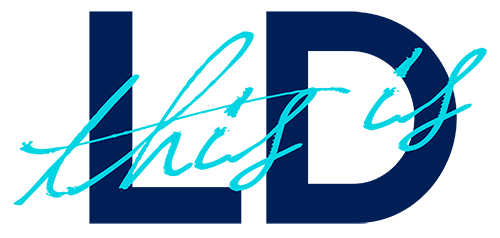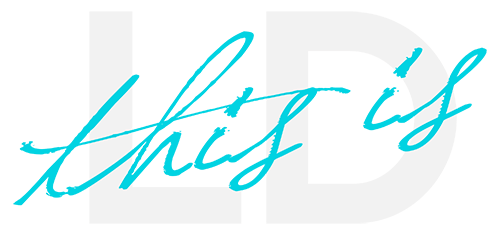The work of Marksteen Adamson is intriguing. He is a founding partner of Asha who gained an international reputation for being an inspiring creative strategist and problem solver. Marksteen advises global companies, governments, countries, and charities on brand strategy and brand behaviour. We are lucky enough to have Marksteen share two personal projects he works on outside of his day-to-day work.
Marksteen completes these studies because he is interested in social issues, especially toxic ones. He uses this work to engage with a wider audience with the ultimate goal of finding practical and useful solutions.
We caught up with Marksteen to chat about the two projects, PEEL and Cheltenham Folk, both ongoing stories about human nature and how we very easily take for granted what is on our doorstep.
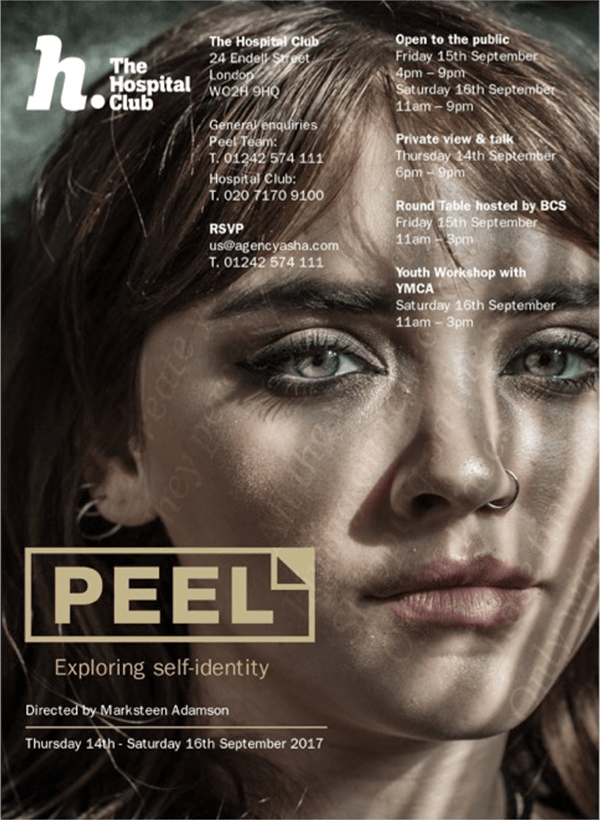
What is Project PEEL? What does it mean? Why was it formed?
Project PEEL is an exploration of self-identity. In 2014 I decided to work with groups of young people 12-18-year-olds, using photography and poetry to help them explore their identity and who they are rather than just focussing on what they look like.
The overall objective of the PEEL project was to inspire young people to connect deeper with each other by asking each other a series of searching questions (face to face) then listening to each other, and then working towards a distilled summery that eventually leads to a poem that describes and encapsulates something about the person they have spent time with. This valuable learning is then used to start thinking (together) about what the photographic portrait could be, referencing an experience or emotion that represents an aspect, point of view, of the individual. PEEL introduces them to the art of listening to one another, and the photography teaches them the art of creating light out of darkness.
The results are engaging and inspiring.
Why was it important to come up with a creative idea to get young people involved?
I believe social media, self-expression, and self-identity present a growing problem for young people today. Trying to establish a true identity, while finding themselves within a ‘selfie’ culture of carefully curated Facebook and Instagram lives, has never been harder for young people.
So I created the PEEL idea three years ago. I wanted to see if I could inspire and engage with young teenagers in our local village who were roaming the streets at night and seemed a bit bored. I wanted to see what would happen if I was to do a photographic project combining narrative with a focus on keywords that describe a particular emotion, Anger, Hope, Angst, Joy. Love, freedom, spirituality and so forth.
Initially, I meet with twelve of them once a week on a Wednesday evening in the Local Kings Coffee House (I’d just finished refurbishing with a team of volunteers), and I started working with the group that turned up every week. The results we engaging and surprising. The project grew from there. One of the students ended up being my apprentice and is now at UNI studying photo-journalism. She’s already had a distinction in her first year.
How do you go about setting up the project, building the program and the team around it and inviting teenagers to join?
I invited two young teachers to join the last two PEEL workshops here in our agency. We would carefully develop the program to match National curriculum guidelines for schools. The plan is to eventually roll it out to 5000 secondary schools with step by step programme structure and worksheets so that schools can eventually run the PEEL project independently. The PEEL website will provide all the downloadable resources they will need, for free.
The last workshop before the exhibition had approx. 20 students from local schools. They came in as part of their schools required work experience in the industry. In the past, we would take one school student. I always felt sorry for them as there wasn’t very much for them to do as they are not trained yet. That’s why I decided to say yes to all the students who applied. I take off that week in July every year to run the PEEL workshop. I also invited some young aspiring poets to come and help the young people with the writing. One of the original students from the first PEEL workshop I did back in 2014, came to help me with the Photography too. I like collaborating with people. It makes it more fun, and they also get a lot out of it.
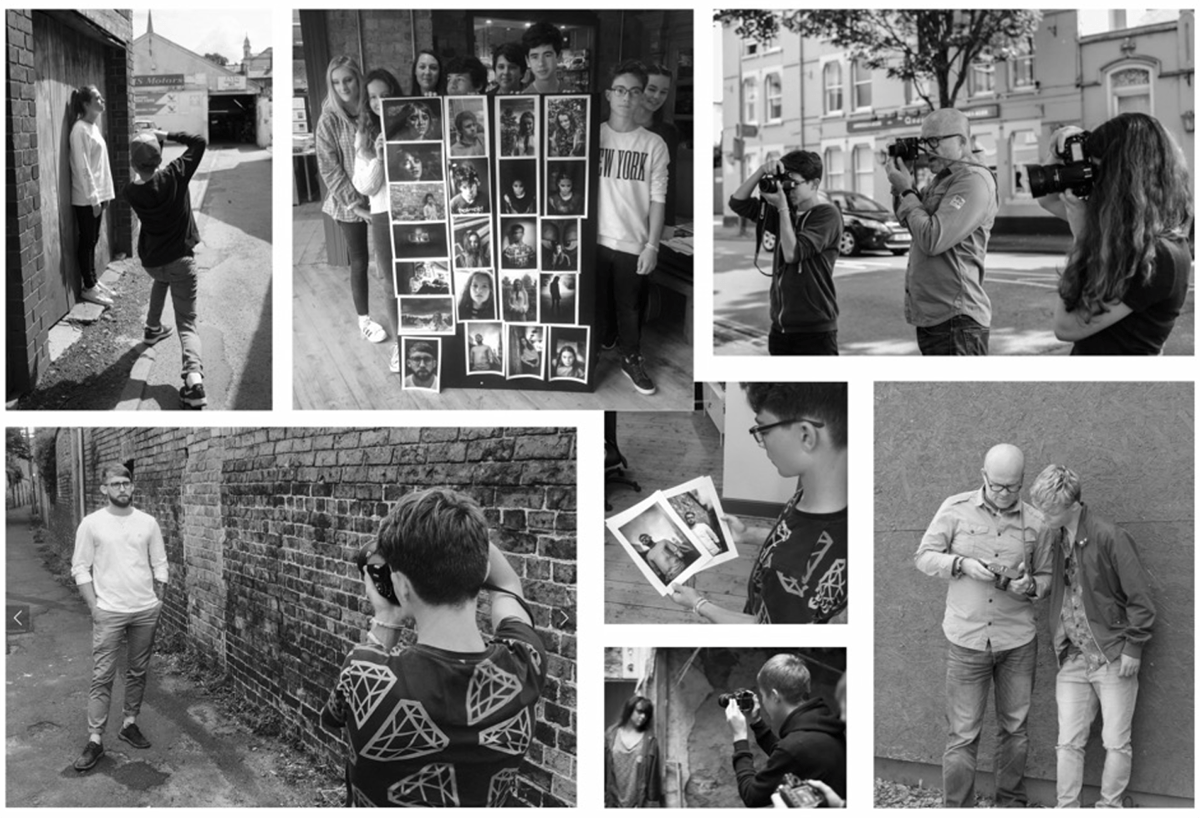
What positive effects have you seen through this project on the participants?
The result have been amazing. Students felt empowered and inspired to change their social media behavior. The PEEL process teaches them to listen to each other. They discover that they have similar hopes, fears, and dreams for the future. This gives them a much deeper understanding of each other and themselves. It makes them think before they speak. PEEL teaches them empathy, and that is something you don’t get from gaming and social media. Empathy comes from spending time together face to face. There is no APP for Empathy.
We naturally take on board other people’s values and ideas of how we should be. If we don’t examine why we think the things we think, then we soon lose clarity of who we are. To find our true worth and identity, we need to separate what we believe to be right for ourselves then resist the expectations of people around us.
Peel is not the only answer, but it is the beginning of a discovery process. It goes back when we spent more physical time together creating more meaningful and authentic relationships.
Feedback from some of the participants.
“From the process of interviewing another person I learned the importance of listening.”
Lucy Thompson
“From Becca talking about me in her poem it made me realise that my life isn’t as normal as I thought it was.”
Sam Gibson
“I’ve learned that I can take good photos if I have to and that I can use information from someone to create a poem. Furthermore, that I can work well with different people.”
Sindi Rudevica
“I learned that I could write a poem, which I’m very happy about because when I first started, I didn’t think I would be able to.” Molly Knight
“I am a lot more capable of writing poems that I thought I would be and this experience has helped me cement my passion for photography.”
Sam Shute
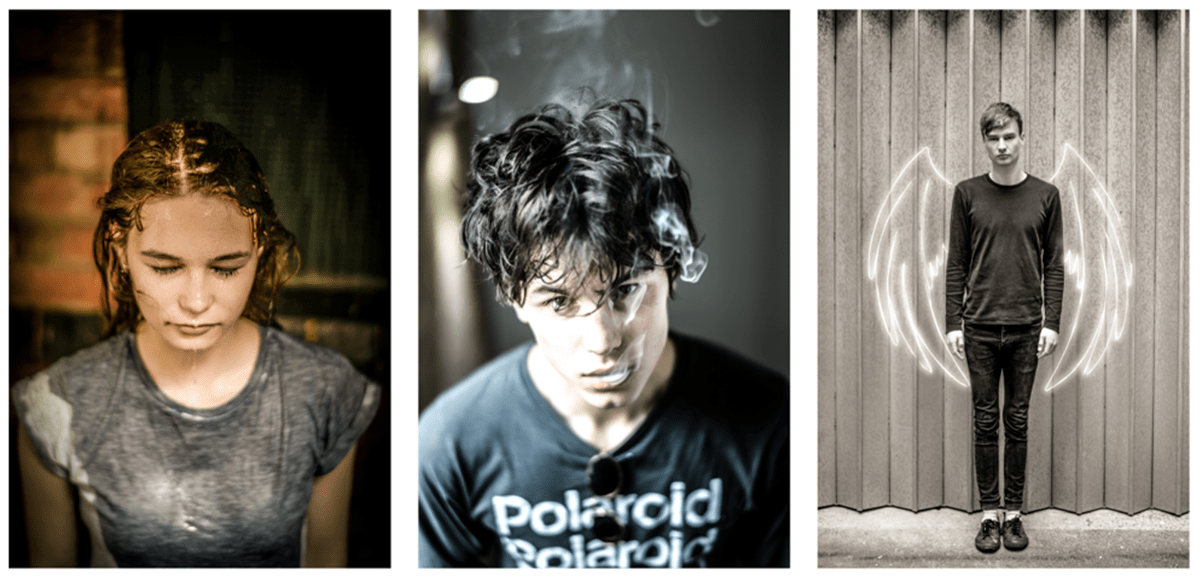
How can people help or support this cause?
We are talking to various foundations and funding bodies in the UK. Anybody who wants to support it would be welcome. They can contact us at [email protected]
Less than two months since the launch of PEEL, the project was discussed in the House of Lords in light of increased mental health issues amongst young people. Bishop Rachel’s speech forecasts the introduction of the PEEL resources into primary and secondary schools, which will be piloted in five schools, initially in Gloucestershire in Spring 2018, before launching nationwide. We are also doing a PEEL programme with The Nelson Trust who work with street workers and addicts in Gloucestershire. Also, we’ll be running PEEL this year with the Glass Wing Charity in El Salvador working with street gang kids.
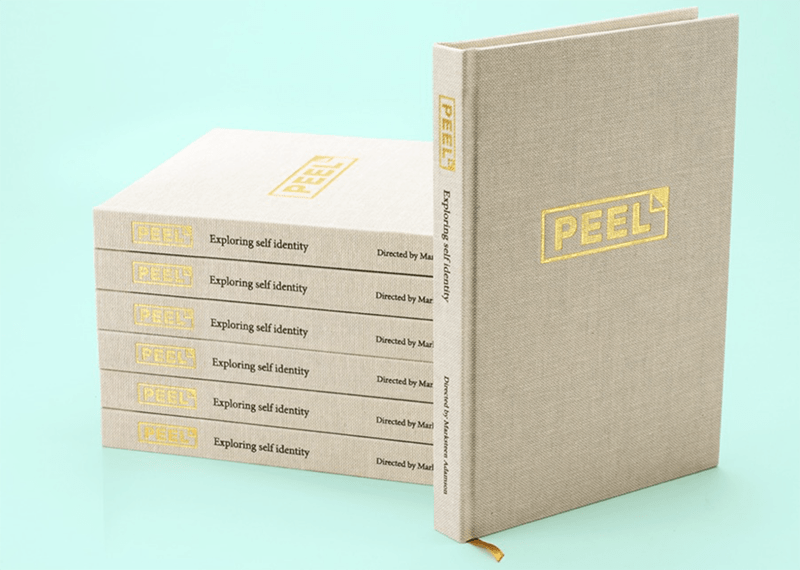
Tell us a little bit about ASHA and the work it does?
At ASHA we work in every sector. We’re not specific about what sector we work with, but we won’t work with gambling, alcohol or tobacco companies. Any company or organisation we believe to be unethical. Our work is very focused on getting the right brand positioning of every project. We’re a twelve-person strong team, and we collaborate on every project. We’re not driven by money or awards, but its great when we get it. We work with Banks, Insurance companies, Countries (yes, we’ve rebranded two countries) and those commercial projects pay the bills. A lot of Charity project we do are donated free to organisations that can’t afford our services. Approx 50% of our projects are pro Bono.
Marksteen Adamson thank you for your time, is there anything also that you’d like to mention?
I think PEEL will grow in the coming years as we see a growing number of young people with mental health. The Fashion industry and Social media have a big part to play in creating some of these anxieties. It’s time for us to make the necessary adjustments that will give them the skills and resilience to navigate through the ever-growing virtual world they inhabit.
Marksteen Adamson’s personal studies are featured on www.marksteen.com
None of this work is commercial. All studies are not for profit and seek to engage people in complicated issues.
